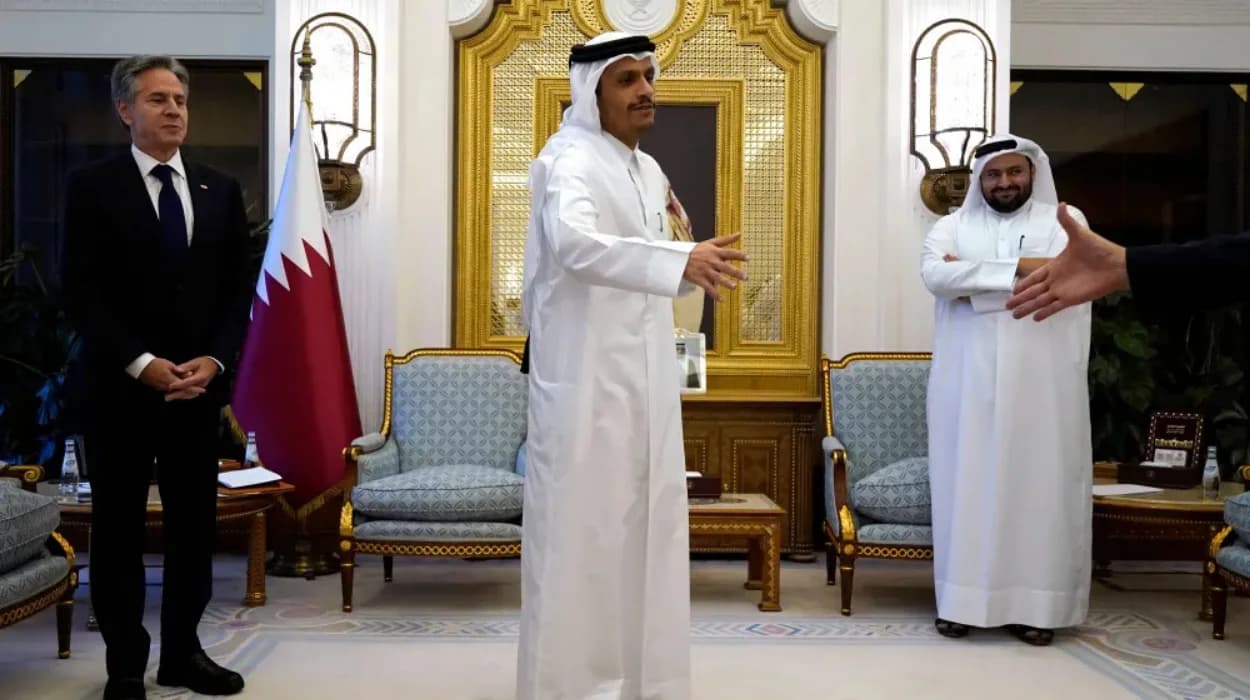Executive Summary:
Hamas and Israeli officials have been engaged in truce negotiations in Qatar for five days, aiming to end the ongoing conflict in Gaza. The talks, facilitated by regional mediators, focus on ceasefire terms and humanitarian access, with no definitive agreement reached yet.
Current status of the Hamas-Israel talks in Qatar
As reported by various sources, the truce talks between Hamas and Israel have entered their fifth consecutive day in Qatar, signalling a prolonged negotiation process aimed at halting hostilities in Gaza. An official involved in the discussions confirmed that while progress has been made, no final agreement has yet been reached, and talks are ongoing to resolve outstanding issues related to ceasefire conditions and humanitarian aid delivery.
Key players involved in the negotiations
The negotiations involve senior representatives from Hamas and Israeli officials, with Qatar acting as the host and mediator. Regional actors, including Egypt and possibly other Gulf states, are believed to be facilitating communication and providing diplomatic support to ensure a sustainable ceasefire. The involvement of multiple stakeholders underscores the complexity and sensitivity of the talks.
Why are the talks significant at this stage?
The talks come amid escalating violence and significant humanitarian concerns in Gaza. The ongoing conflict has resulted in substantial casualties and widespread destruction, prompting urgent calls for a ceasefire to prevent further loss of life and to allow humanitarian organisations access to affected populations. The negotiations represent a critical opportunity to establish a durable truce and to address the immediate needs of civilians caught in the conflict.
Previous ceasefire efforts influenced the current negotiations.
Previous ceasefire attempts between Hamas and Israel have often been short-lived or fragile, with violations occurring soon after agreements were made. The current talks in Qatar aim to learn from past failures by incorporating more comprehensive terms and stronger enforcement mechanisms. Both sides appear cautious but committed to reaching a deal that can hold, reflecting the high stakes and international pressure to end the violence.
What challenges are the negotiators facing?
Negotiators face several challenges, including deep-seated mistrust between Hamas and Israel, differing demands on the terms of the ceasefire, and the broader geopolitical implications of any agreement. Humanitarian access remains a contentious issue, with Hamas demanding relief and reconstruction aid, while Israel insists on security guarantees. The complexity of these issues has contributed to the extended duration of the talks.
Prospects for a successful truce
While the talks have not yet produced a definitive ceasefire, officials remain hopeful that continued dialogue will yield a positive outcome. The involvement of Qatar and other regional mediators is seen as a critical factor in bridging the gaps between the parties. However, the situation remains fluid, and the success of the negotiations will depend on the willingness of both Hamas and Israel to compromise on key issues.
